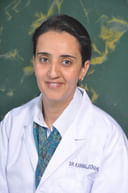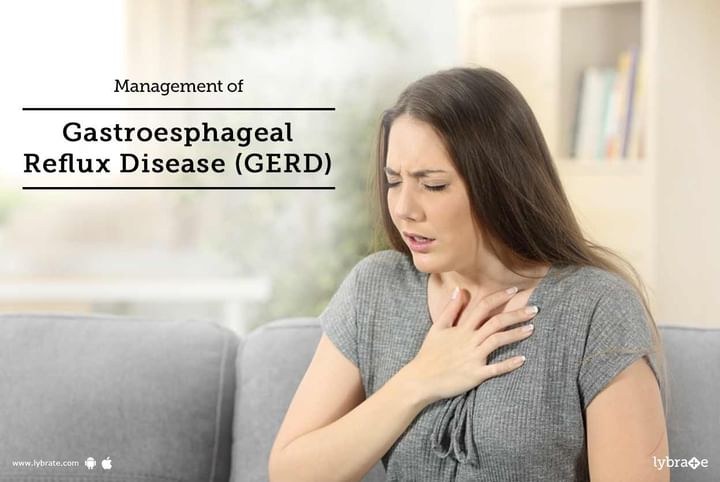Management of Gastroesphageal Reflux Disease (GERD)
GERD is a digestive disorder that affects the lower esophageal sphincter, which is the ring of muscle between the esophagus and stomach. Gastroesophageal reflux is the backward flow of acids from the stomach into the esophagus. Doctors believe that some people usually suffer due to a condition called hiatal hernia. Pregnant women usually suffer from heartburn or acid indigestion caused by Gastroesophageal Reflux Disease.
The primary goals in the treatment of this disease are relief from symptoms, healing of erosive esophagitis and prevention of complications of esophagitis. The symptoms include heartburn and regurgitation. The setting includes a proton pump inhibitor (PPI). Patients suspected due to GERD with non-cardiac chest pain are recommended to have diagnostic evaluation before institution of therapy. For diagnosing GERD, barium radiographs should not be used.
The other points that must be remembered to diagnose GERD are
1. Endoscopy is recommended only in case of alarming symptoms. Even in typical symptoms, the upper endoscopy is not recommended.
2. For preoperative evaluation, esophageal manometry is recommended, but it has no role in diagnosing GERD.
3. Ambulatory reflux monitoring is a test that can assess association of reflux symptoms.
Management:
The suggested lifestyle modifications for the patients with GERD are
- Weight loss is recommended for patients who are overweight. So, avoid large meals and decrease dietary fat intake.
- Avoid alcohol, chocolate, onions, garlic, acidic foods and peppermint.
- Do not lie down within 3 to 4 hours after meal (recommended for nocturnal GERD patients).
- For symptom relief and to heal erosive esophagitis, a 8-week course of PPIs is the therapy of choice.
- Medications that help in potentiating GERD symptoms, including alpha-adrenergic agonists, nitrates, calcium channel blockers and theophylline should be avoided.
- For patients without diagnostic evaluation, therapy for GERD other than acid suppression, including prokinetic therapy should not be used.
- For patients with partial response to PPI therapy, additional symptom relief can be achieved by increasing the dose twice daily or switching to a different PPI.
- It is recommended to elevate the head of the bed 10 to 20 cm.
- Avoid wearing clothes which are tight around the waist.
- If patients experience heartburn relief, Histamine-receptor antagonists (H2RA) therapy can be used as a maintenance option in patients without erosive disease.
Some surgical options
1. For long-term therapy for patients suffering with GERD, surgical therapy is the best treatment option.
2. In patients who have no evidence of erosive esophagitis, preoperative ambulatory pH monitoring in mandatory.
3. Gastric bypass is the preferred operation for patients who are suffering with obesity and are contemplating surgical therapy for GERD.
Apart from these, there are potential risks that are associated with PPIs such as switching them can be considered in setting of side effects and the therapy can be a risk factor for Clostridium difficile infection.
In case you have a concern or query you can always consult an expert & get answers to your questions!



+1.svg)
